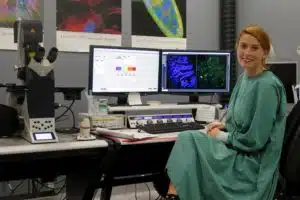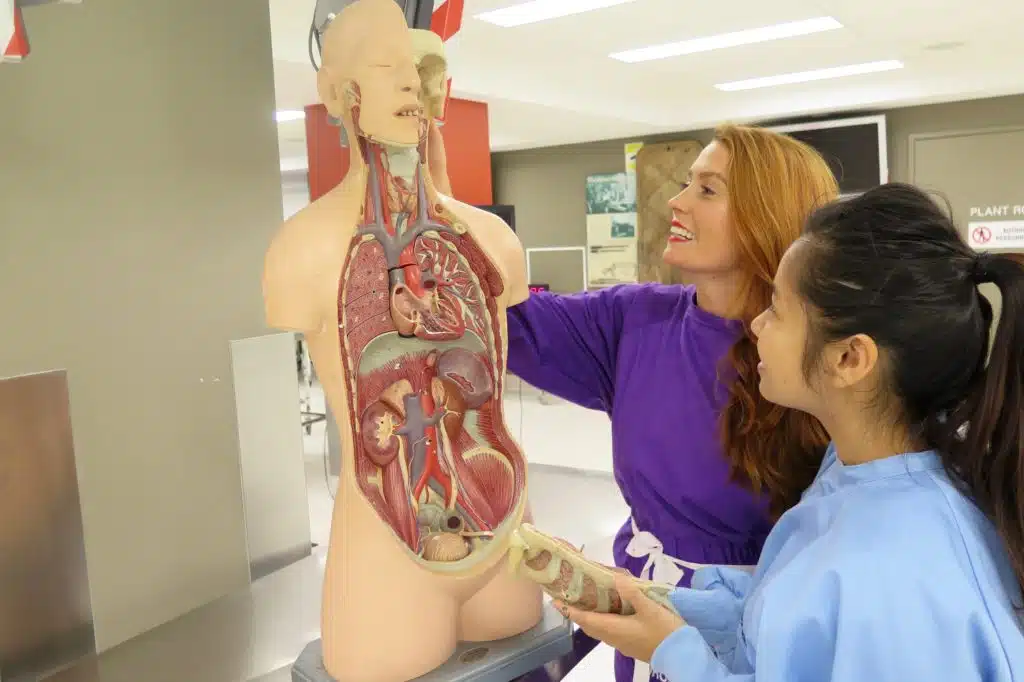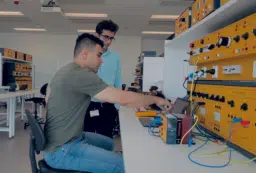Pain and diarrhoea are some of the devastating side-effects of cancer treatment.

Hannah Wardill
New research from the University of Adelaide has now shown that this is a result of an exaggerated immune response; and could be overcome by targeting the immune system.
“I identified that a gut receptor called TLR4 drives the heightened immune response,” says researcher Hannah Wardill.
“Deletion of TLR4 in mice provides protection, lowering the severity and duration of diarrhoea and reducing chemotherapy-induced pain.”
The results support existing evidence linking gut health with nerve function and sensation, and are consistent with the experiences of many who’ve been through cancer treatment.
Every year, more than 74,000 Australians in chemotherapy experience severe, sometimes life-threatening diarrhoea.
They also endure heightened sensitivity to pain, known as hyperalgesia.
Current treatments for chemotherapy-induced diarrhoea and hyperalgesia focus not on the cause, but instead on managing the symptoms. They are often ineffective.
With further research, Hannah hopes that a focus on TLR4 in the human gut could lead to the identification of preventative and early treatment to lessen these terrible experiences.
“We now have an opportunity to simultaneously address side effects and make cancer treatment more tolerable,” Hannah says.
Contact: Hannah Wardill, University of Adelaide, 0422 364 257, hannah.wardill@adelaide.edu.au

Hannah presenting at Fresh Science

Hannah Wardill

Hannah Wardill





 Fresh Science is on hold for 2022. We will be back in 2023.
Fresh Science is on hold for 2022. We will be back in 2023.